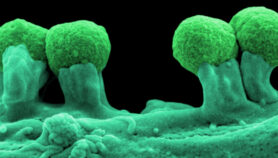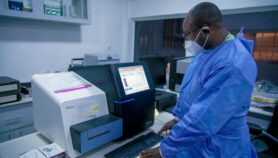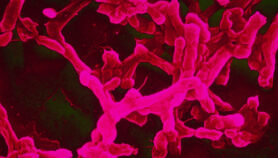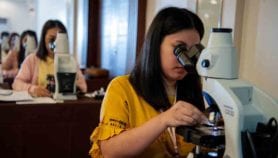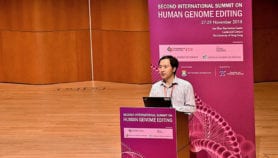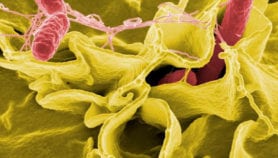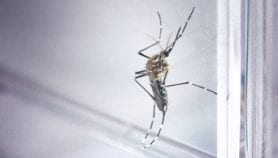26/10/20
Unlocking modern, ancient Egyptian DNA secrets
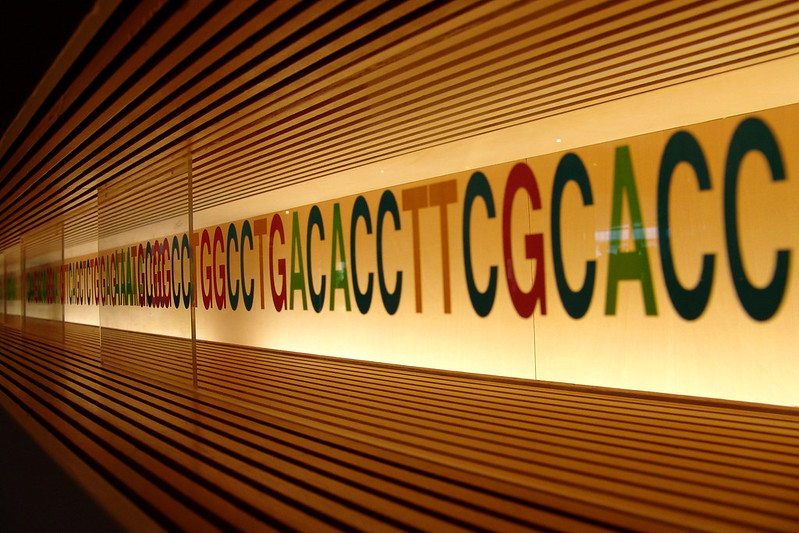
Send to a friend
The details you provide on this page will not be used to send unsolicited email, and will not be sold to a 3rd party. See privacy policy.
[CAIRO] Are modern Egyptians related to ancient Egyptians? The country’s largest-ever research project is seeking an answer to this mystery.
The Academy of Scientific Research and Technology has launched a US$64 million study to build a reference genome for today’s Egyptians, study ancient Egyptians’ genes, and look for genomic links to illnesses.
A human genome includes all of a person’s genetic material, which is made up of DNA and which provides the instructions for growth and functions. Genetic studies examine a single gene, while genomics includes all genes and how they interrelate.
The project will study 20,000 volunteers over five years, with hopes that this could expand to up to 100,000 people, while genetic material will be extracted from mummies for analysis.
“Understanding dominant and natural patterns by building a reference Egyptian genome will pave the way for investigating different genetic variants associated with prevalent diseases, and Egyptians’ risk factors,” academy president Mahmoud Sakr tells SciDev.Net.
“Future treatments will be designed according to genetic factors, that’s why we cannot delay establishing a genetic database for Egyptians.”
Mahmoud Sakr, president, Academy of Scientific Research and Technology
“This occurs by comparing the reference genome with patients’ genes, which is the basis of personalised medicine.”
Precision medicine
Personalised, or precision, medicine is the recent development of specialised treatment, diagnosis and prevention based on an individual’s unique genetic make-up, lifestyle and environment.
It has grown from genomic research, such as the US-led Human Genome Project, which revealed in 2003 that there were about 20,500 human genes. In 2018, the United Kingdom announced it had sequenced 100,000 genomes as part of a project to create a new genomic medicine service for its National Health Service (NHS).
But, these reference genomes may not be useful to medical care in North Africa as they are largely based on European DNA, says Saleh Ibrahim, a professor of genetics at the University of Lübeck.
Ahmed Sayed, director of the Children’s Cancer Hospital Egypt’s genomics programme, says the major challenges facing genetic diseases research include delays in importing chemicals and increasing prices.
He says that the Egyptian reference genome project might entice pharmaceuticals companies to invest in Egypt, in turn decreasing product prices and boosting the research process.
“Having an Egyptian reference genome is essential for finding more competent treatments for intractable cancers and almost all diseases,” says Sayed.
Sakr agrees. “Our heavy dependence on importing medicines can be very risky,” he says.
“Future treatments will be designed according to genetic factors, that’s why we cannot delay establishing a genetic database for Egyptians. We also need to train staff on studying this data and use it to develop more relevant health system.”
Yasmine Aguib, director of life sciences and molecular research at the Aswan Heart Centre, Magdi Yacoub Foundation, says identifying specific genetic variables that are exclusive to Egyptians could boost the development of treatments. Her team established a biobank and genomic database that includes samples and data from healthy Egyptian volunteers, as a reference for comparisons with unhealthy individuals, especially patients cardiovascular disease.
Ancient vs modern
Studying the genes of the ancient Egyptians requires extracting genetic material from mummies. However, much of it is not well preserved due to the mummification process, explains Ibrahim, and handling it will require training from experts.
A lab will be set up at a medical research and regenerative medicine centre, affiliated to the Ministry of Defence. The centre will coordinate research groups from several Egyptian universities and scientific institutes.
“This is an historic moment for science in Egypt,” Ibrahim tells SciDev.Net.
It is expected that the project will find that modern Egyptians have mixed origins, including Arab, African, Berber and European. But, this does not rule out the probability that there is a unique dominant genetic pattern specific to Egyptians, says Ibrahim.
He was part of a team that recently created a reference genome based on data from 110 Egyptians. The study proved the need for a national project to build an Egyptian reference genome based on a much larger group of people, Ibrahim says.
A bioinformatics group will also be established to create software for data analysis. Ahmed Moustafa, a bioinformatics professor at the American University in Cairo, tells SciDev.Net that accurate recording and data storage will be vital to ensure reliable results and patterns. Appropriate oversight will be central to this process, says Ibrahim.
The volume of data that is expected to be produced will require enormous storage and advanced computer capacities, as well as stringent security systems, says Moustafa.
All this will provide young researchers with opportunities for training and experience in the bioinformatics field, he says.
This article was produced by SciDev.Net’s Middle East & North Africa desk.



